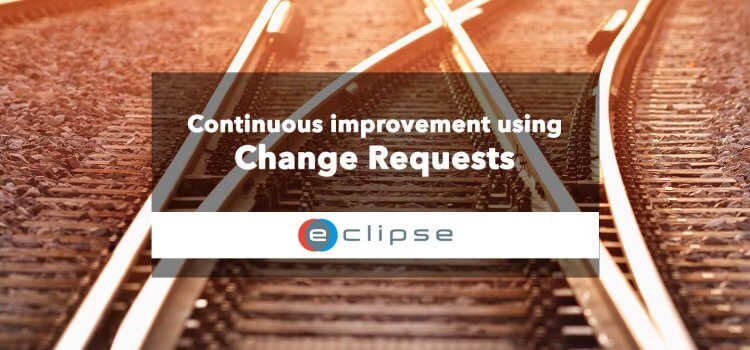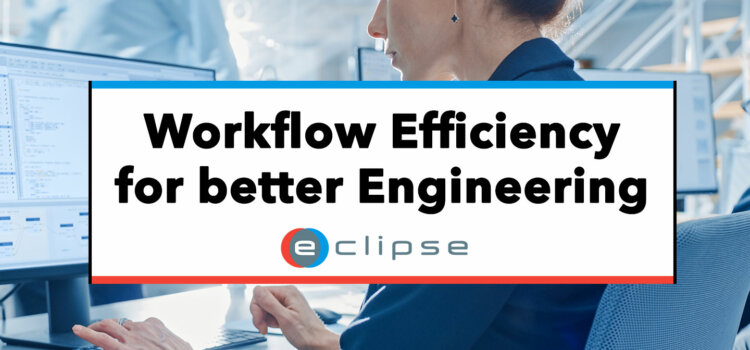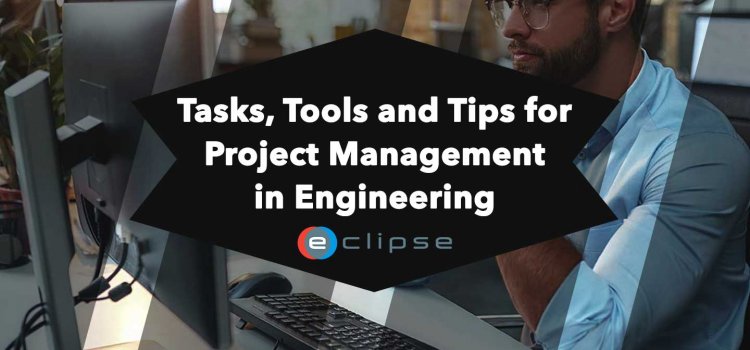
Lessons Learned Database in DAB
17 Apr, 2019
What process or business case can ECLIPSE be applied to?
The ECLIPSE Suite, whilst designed specifically to meet ECSS standards, can be used for any kind of business case or process. Within this influence article, we will focus on Lessons Learned Databases (LLDBs).
LLDBs are valuable in any project management process, particularly so when applied to space projects and programs, as they promote a learning culture and increase knowledge retention. This reduces project risk and uncertainty, preventing possible delays from the redundant effort.
What defines a Lesson Learned?
“A Lesson Learned is knowledge or understanding gained by experience. The experience may be positive, as in a successful test or mission, or negative, as in a mishap or failure. A lesson must be significant in that it has a real or assumed impact on operations; valid in that it is factually and technically correct; and applicable in that it identifies a specific design, process, or decision that reduces or eliminates the potential for failures and mishaps, or reinforces a positive result.”
[Secchi, P. (Ed.) (1999). Proceedings of Alerts and Lessons Learned: An Effective way to prevent failures and problems (Technical Report WPP-167). Noordwijk, The Netherlands: ESTEC]
How are Lessons Learned currently treated on space projects?
From my experience and research, Lessons Learned records are treated by using office tools such as Microsoft Excel and Microsoft Word and usually stored in the project document management system or equivalent share drive. However, this can vary depending on where the Lesson Learned is recorded within the space ecosystem.
It could be said that an open and centralized database of Lessons Learned should be available to all actors in the community, but this is not currently the case.
What issues can be caused by this treatment?
Whilst many projects/companies will record a Lesson Learned, the lack of integration to other processes where the lesson has been generated from, the limited sharing between projects and programs of this lesson or at a wider level through the supply chain, can enter the Lesson into the fated “silos of information”.
How can ECLIPSE support the management of Lessons Learned?
Within the ECLIPSE Suite there is a module called DAB – Database Application Builder. This module allows the user to build its own applications/databases to treat records of any nature and assign users in a secure manner on a record by record basis. DAB users can build a Lesson Learned Database by implementing a relevant structure/tree as a metadata type, allowing for tagging the Lesson Learned to a specific item or process. Furthermore, users can then record the fundamental information of the Lesson Learned through the configurable metadata fields.
Given the integrated nature of the ECLIPSE Suite, which incorporates RID’s and Non-Conformances, and where many of the project issues are noticed, users have the ability to directly link/create a Lesson Learned to the source, thus ensuring that we promote continuous improvements in processes, methods and techniques.
DAB LLDB features:
Configurable custom metadata types to track the relevant information
Relationship creation with other ECLIPSE processes such as NCR’s, RISKs, RIDs, etc
Action Management allowing ability to track preventative actions
Ability to perform and record reviews/comments and updates to each Lesson Learned
Ability to export and share existing database to other projects and programs to bring data retention
Ability to record all attachments in support of the Lesson Learned
Dashboard; statistics and reporting
E-mail notification integration
This article was written by Andrew Coe.



